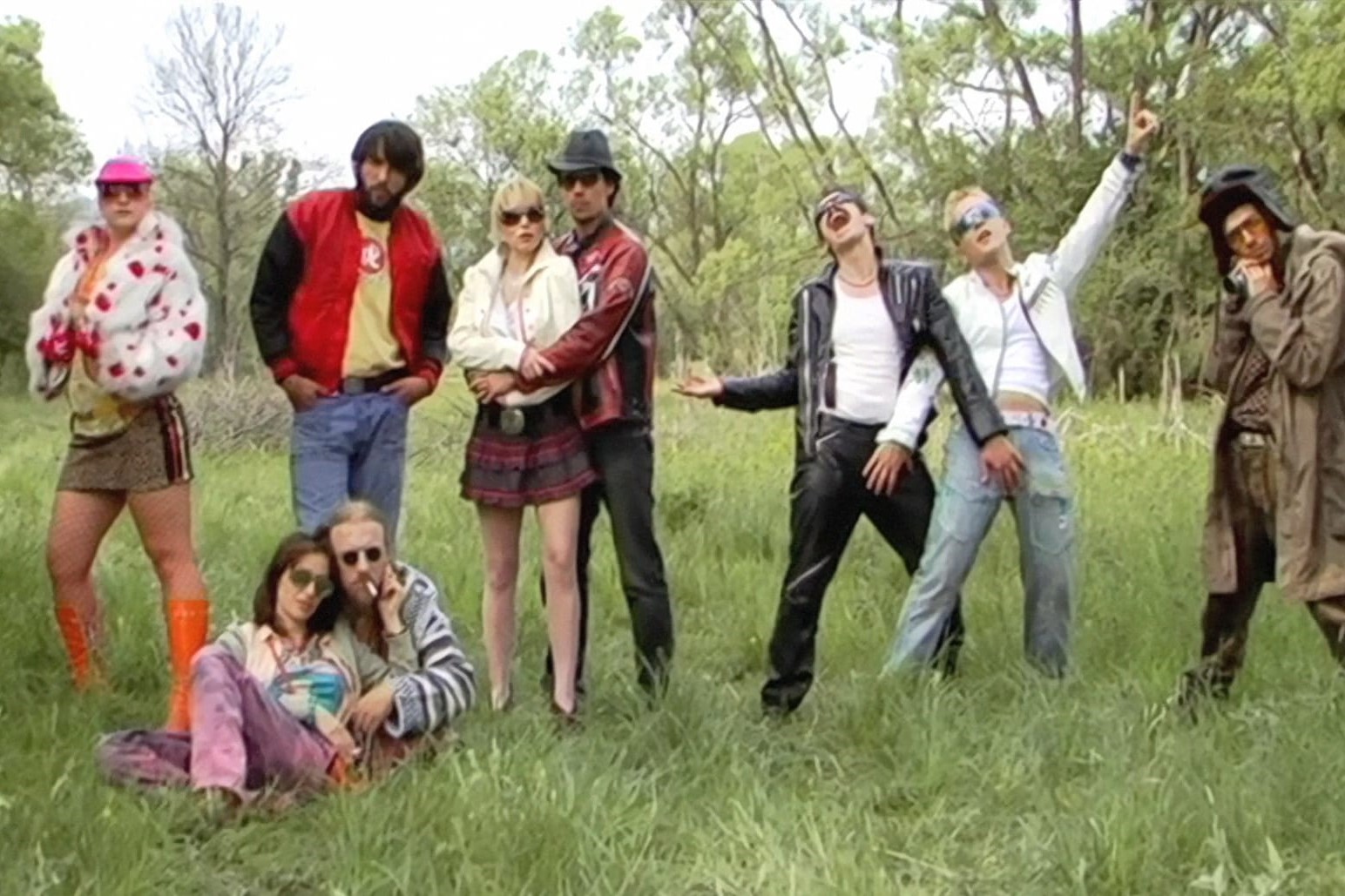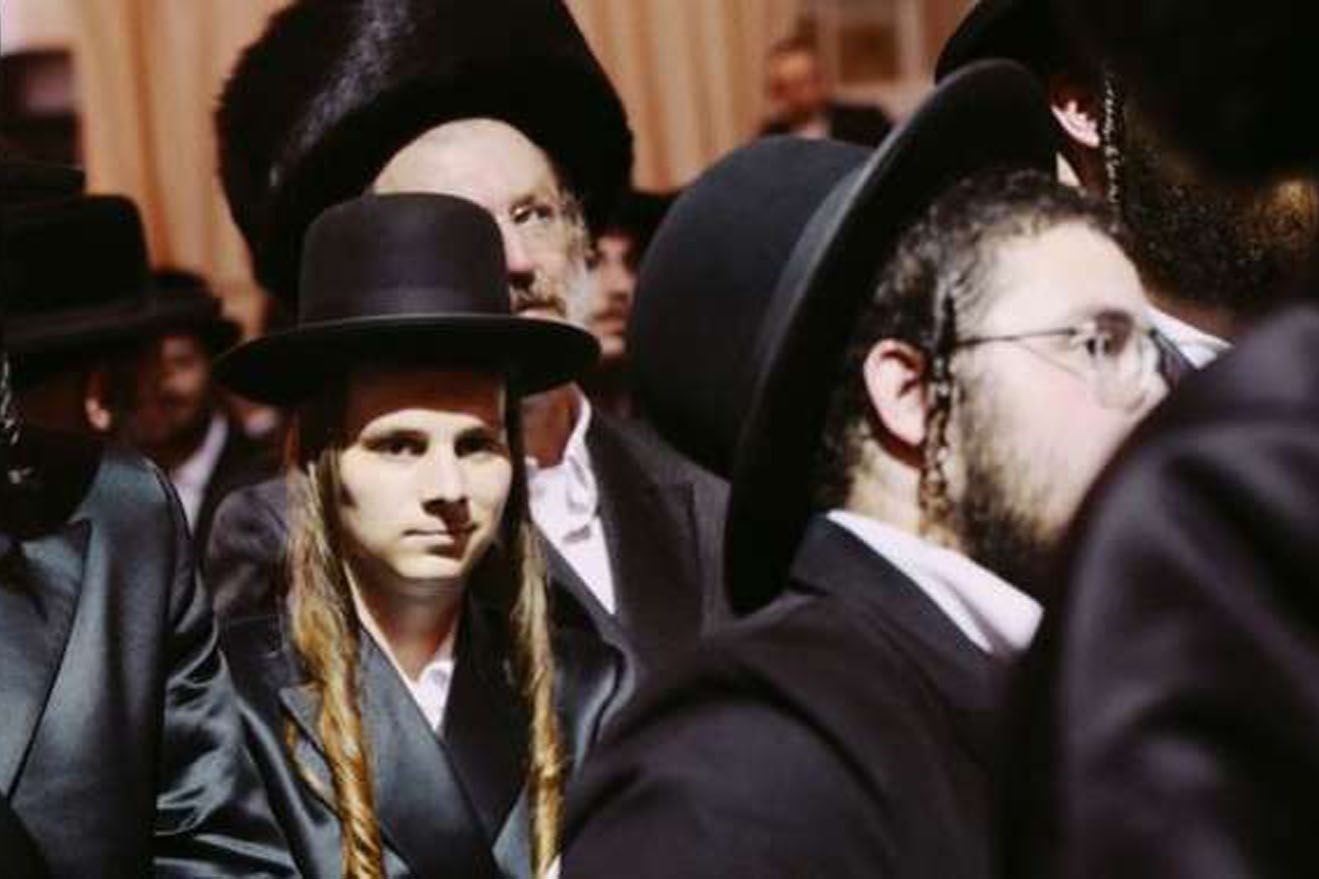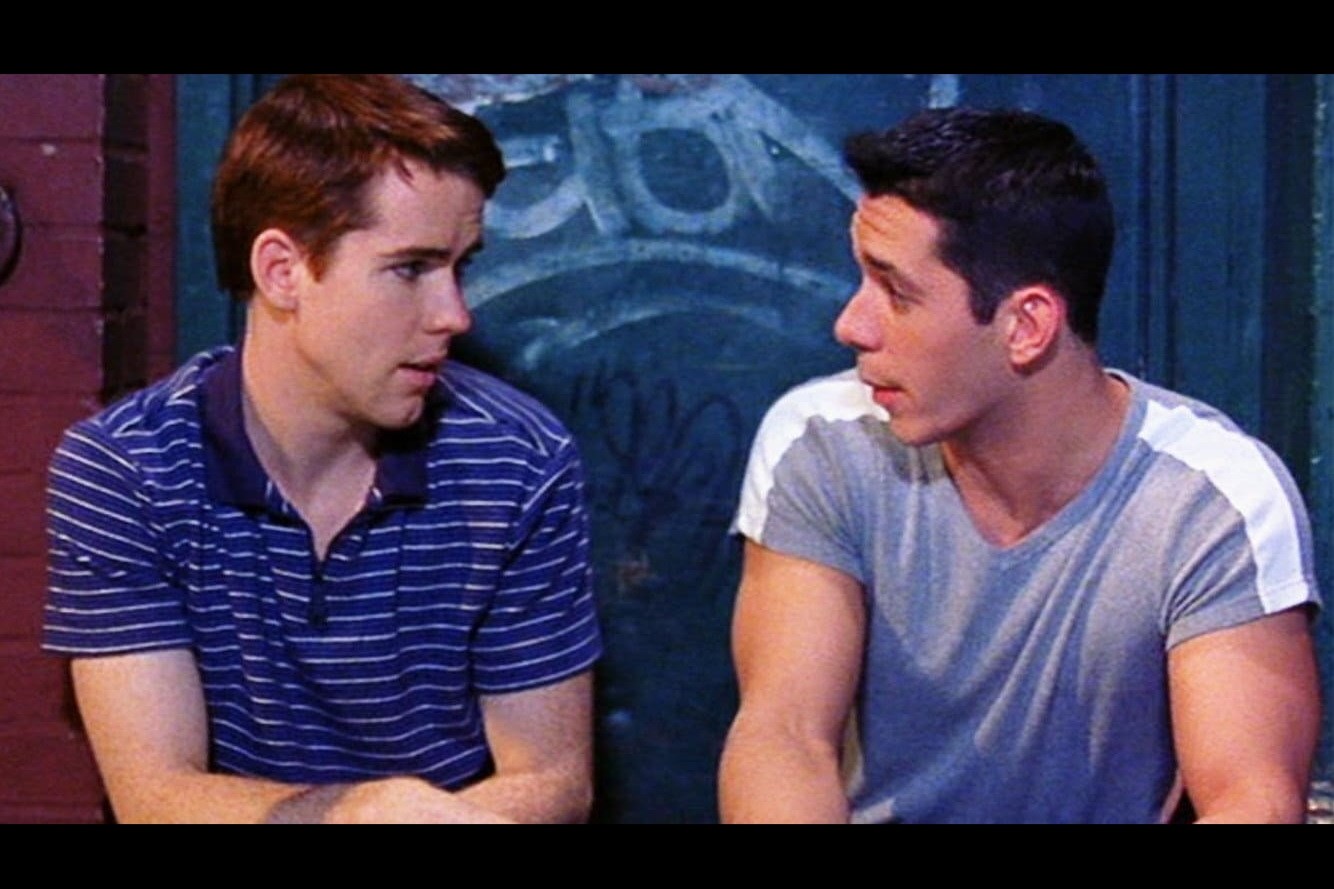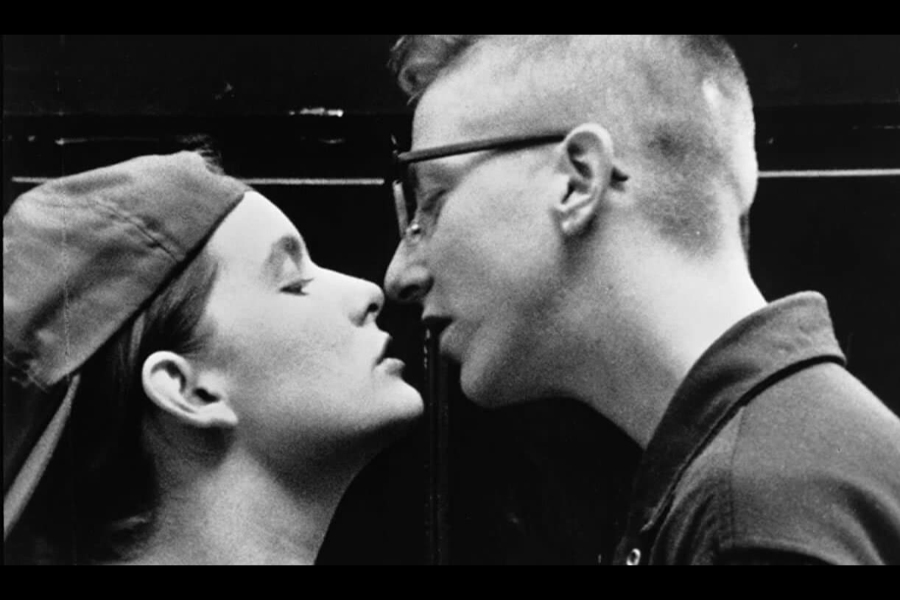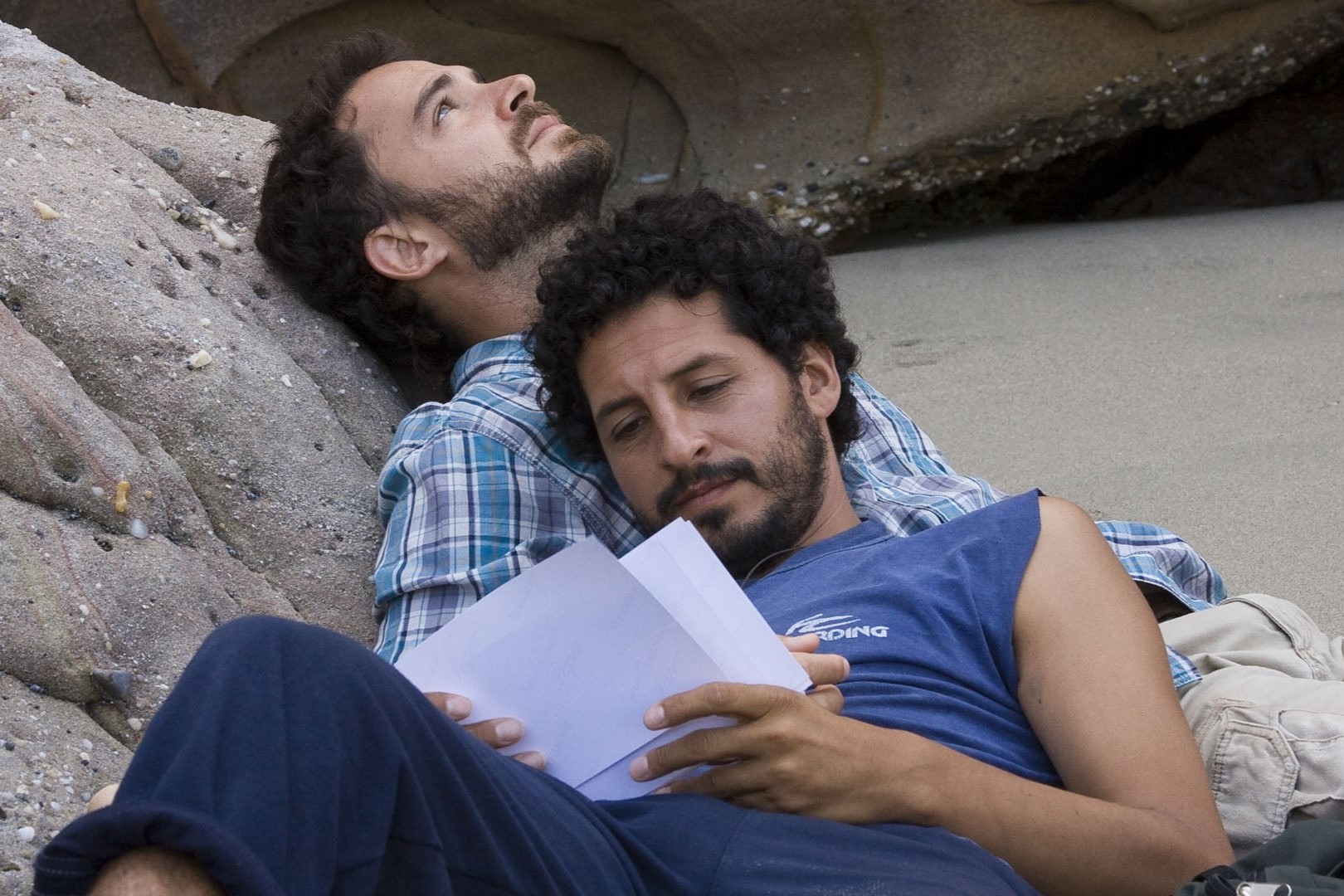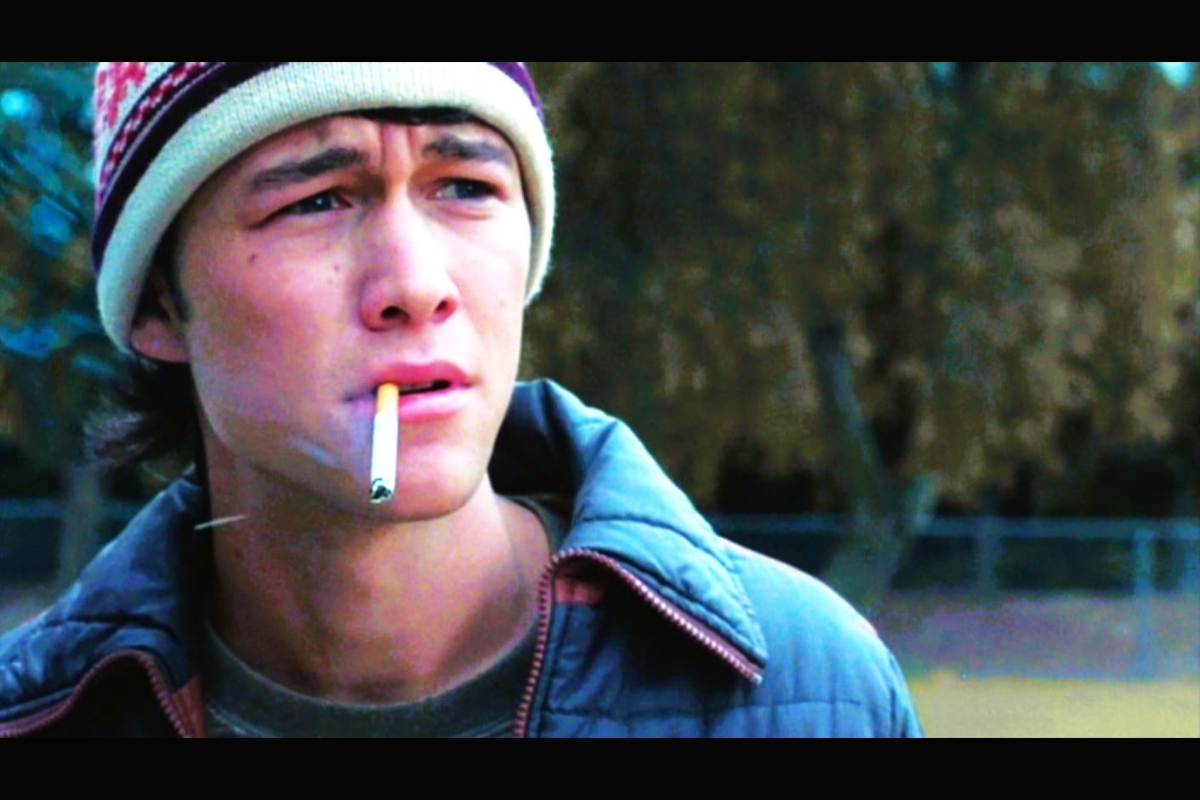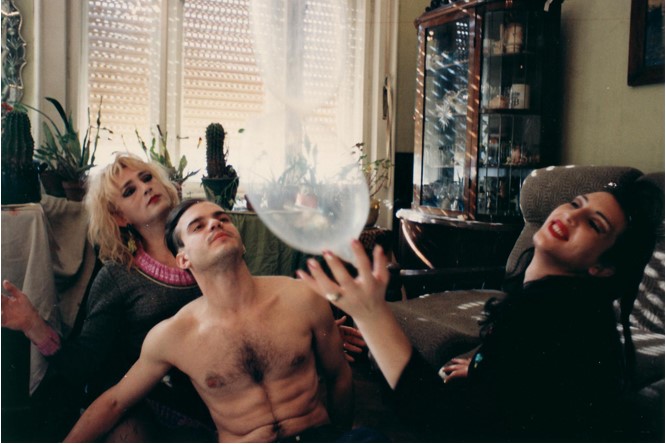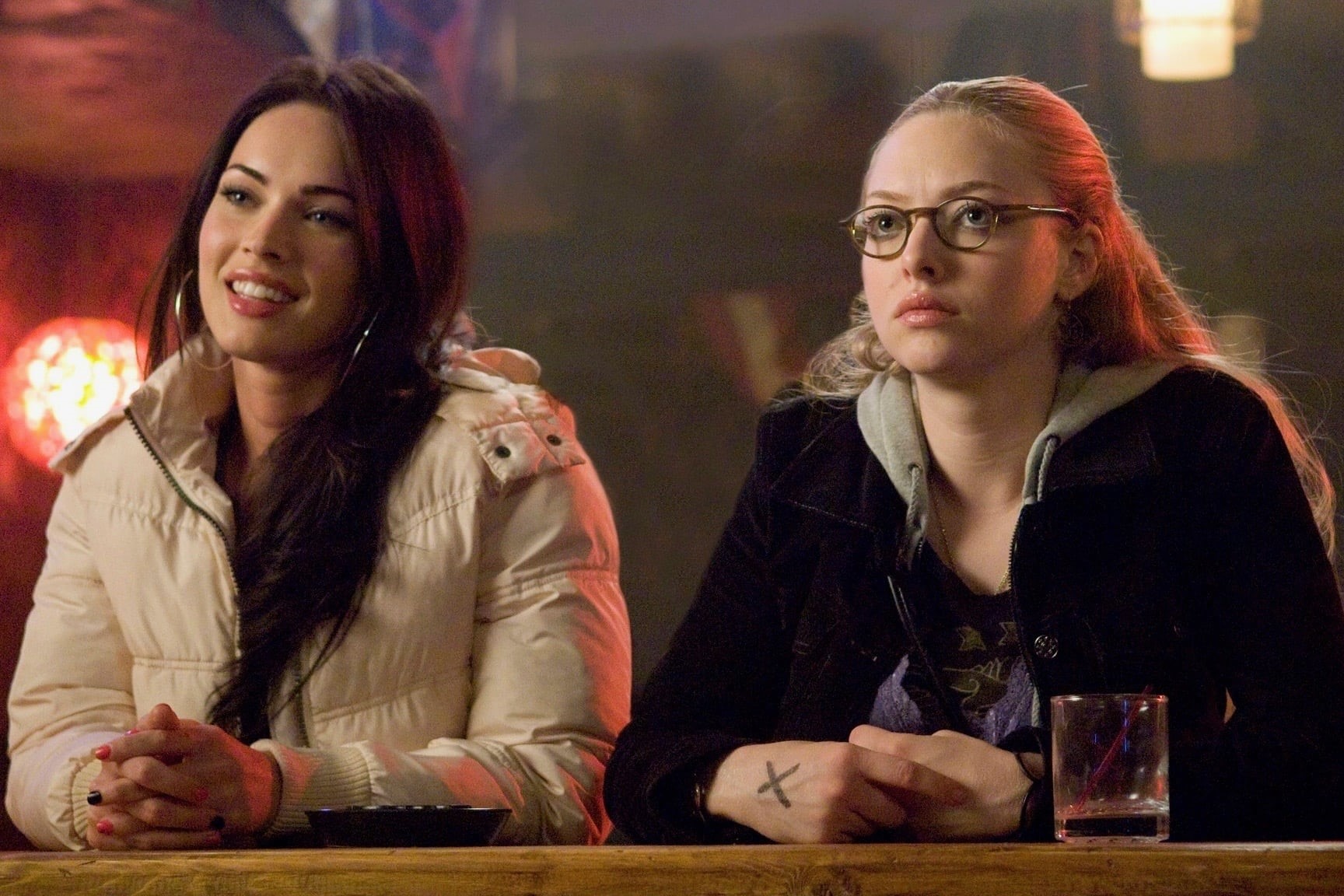Winner of the Best Film award at the 2010 TLVFest, this is one of the most powerful films you’ll see this year.
Director Mladen Djordjevic created a biting commentary on post Milosevic Serbia. This film brings together horror, social and political satire, dark humour and lots of sex and violence.
Local criminals hire Marko, a young, artistic and ambitious filmmaker, to make for them porno films. They don’t really appreciate his artistic approach, and after a violent attack, Marko decides to go underground and travel with a troupe of outcasts who participate in a live pornographic theatre production that travels through conservative Serbian villages.
Warning! Not suitable for the faint of heart!
Viewing is 18+ due to explicit sexual content and violence.
